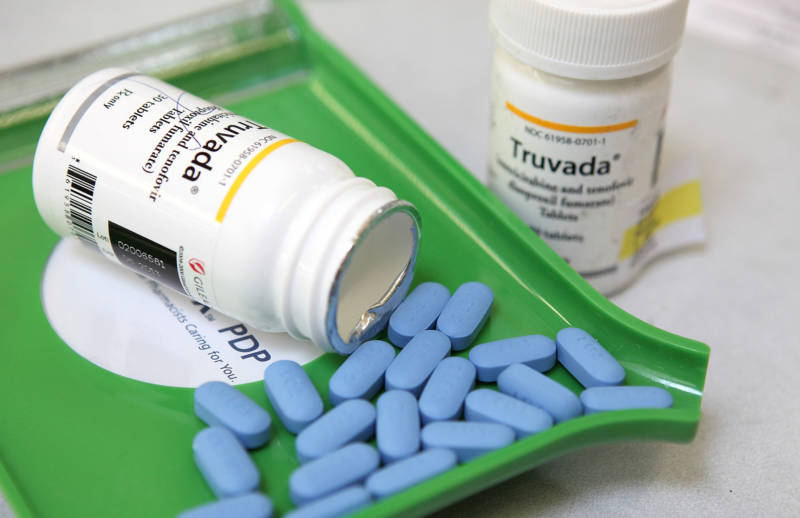Nearly 60 LGBTQ and public health groups have signed an open letter accusing Facebook of running misleading ads about medication aimed to prevent the transmission of HIV. The ads, paid for by personal injury attorneys, claim so-called pre-exposure prophylaxis (PrEP) medications like Truvada can have serious side effects.
The Washington Post found one Facebook page called “A Case For Women,” which ran ads last fall that said, “Truvada and other HIV prevention medications have been linked to serious bone and kidney problems.”
Foster City-based Gilead Sciences makes two HIV prevention medications, the older Truvada and the newer Descovy. Studies indicate Descovy may cause fewer side effects than Truvada, which has been shown to negatively affect kidney and bone health, because of differences in the drugs’ active ingredients. But if an ad doesn’t specify which drug it’s referring to, or if it only mentions Truvada, it can sound like all PrEP treatments are potentially detrimental.
In an open letter, 58 groups — including the Desmond Tutu HIV Foundation in South Africa and the San Francisco AIDS Foundation — argue Facebook is ignoring their concerns that these ads put “people’s lives in imminent danger” because they scare people away from medications that prevent HIV transmission.
This issue goes beyond misinformation, as it puts real people’s lives in imminent danger. The U.S. Centers for Disease Control and Prevention reports that when taken daily, PrEP is highly effective for preventing HIV from sex or injection drug use. The CDC states: “Studies have shown that PrEP reduces the risk of getting HIV from sex by about 99% when taken daily.” The World Health Organization recommends that “people at substantial risk of HIV infection should be offered PrEP as an additional prevention choice, as part of comprehensive prevention.”
“There are many, many people out there who aren’t on it that should be,” said social psychology professor Phillip Hammack, who directs the Sexual and Gender Diversity Laboratory at UC Santa Cruz.

